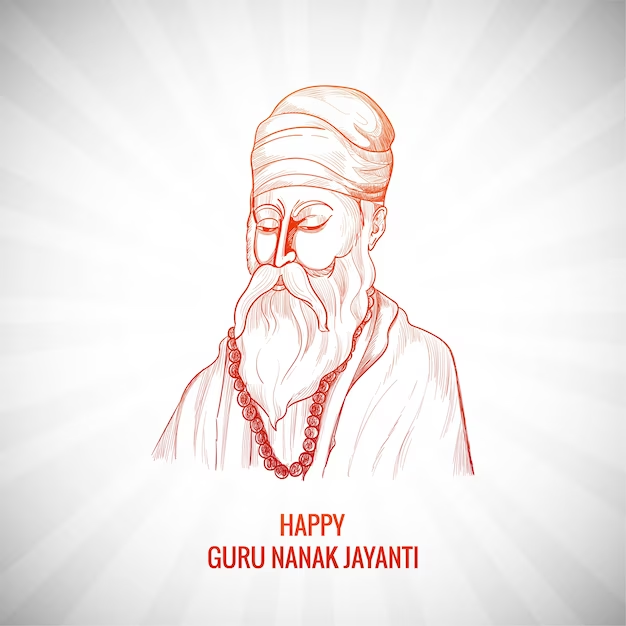Diwali (Deepawali)
Diwali is India’s most important festival of the year—a time to celebrate the triumph of light over darkness, knowledge over ignorance, and good over evil. Widely observed among more than a billion people from a variety of faiths across India and its diaspora, the five days of Diwali are marked by prayer, feasts, fireworks, family gatherings, and charitable giving.
But Diwali is perhaps best known as a festival of lights. Derived from the Sanskrit Deepawali, which means “row of lights,” Diwali is known for the brightly burning clay lamps that celebrants line up outside their homes.
The dates of this festival are based on the Hindu lunar calendar, which marks each month by the time it takes the moon to orbit Earth. Diwali begins just before the arrival of a new moon between the Hindu months of Asvina and Kartika—which typically falls in October or November.
In Hinduism alone—which is considered the world’s oldest living religion, dating back to the second millennium B.C.—there are several versions of the Diwali story that vary among geographic communities. These, however, are all epic tales of victory won by men who were considered incarnations of the Hindu god Vishnu, regarded as the sustainer of the universe, and whose role it is to restore the balance of good and evil in times of trouble.
In northern India, Diwali commemorates Lord Rama’s triumphant return to the city of Ayodhya after 14 years of exile due to the plotting of his evil stepmother—and after a heroic rescue of his wife Goddess Sita, an incarnation of the goddess Lakshmi, who had been kidnapped by the rival king Ravana.
In South India, meanwhile, Diwali honors the victory of Lord Krishna over the demon king Narakasura, who had imprisoned 16,000 women in his palace and meted out harsh punishments to any of his subjects who dared stand up against him. And in western India, the festival celebrates Vishnu’s banishment of King Bali—whose immense power had become a threat to the gods—to the underworld.
Sikhs, Jains, and Buddhists religions in India, have their own version of Diwali stories. For Sikhs, whose religion arose in the late 15th century as a movement within Hinduism that is particularly devoted to Vishnu, Diwali commemorates the release of the 17th-century guru Hargobind after 12 years of imprisonment by Mughal emperor Jahangir.
Jains, whose ancient religion dates back to the middle of the first century B.C. and also shares many of the beliefs of Hinduism, observe Diwali as the day that Lord Mahavira, the last of the great Jain teachers, reached nirvana.
And Buddhists, whose religion emerged in the late 6th century B.C. in what some describe as a reaction to Hinduism, celebrate it as the day the Hindu Emperor Ashoka, who ruled in the third century B.C., converted to Buddhism.
Beyond these stories, Diwali is also a celebration of the Hindu goddess of wealth and good fortune, Lakshmi. In India’s early agrarian society, Diwali coincided with the last harvest before winter—a time to pray for Lakshmi for good fortune.
This occasion is celebrating five days, each of the day has its own significance. On the first day of Diwali, people pray to the goddess Lakshmi, bake sweets, and clean their homes—which they decorate the next day with lamps and rangolis, designs made on the floor out of coloured sand, powder, rice or flower petals.
Diwali’s third day is its most important: On this day, people may go to temple to honor Lakshmi or gather with friends and family for feasts and fireworks. Devotees also set ablaze the lamps they had displayed the day before.
For many celebrants, the fourth day of Diwali marks the new year and a time to exchange gifts and well wishes. Finally, the fifth day is typically a day to honor one’s siblings.
However it is celebrated, the spirit of Diwali is universal—the belief that, eventually, light will triumph over darkness.
Happy Diwali!!
By: Mr. Naveen Pathak (Deputy Manager – GSD – HO)



